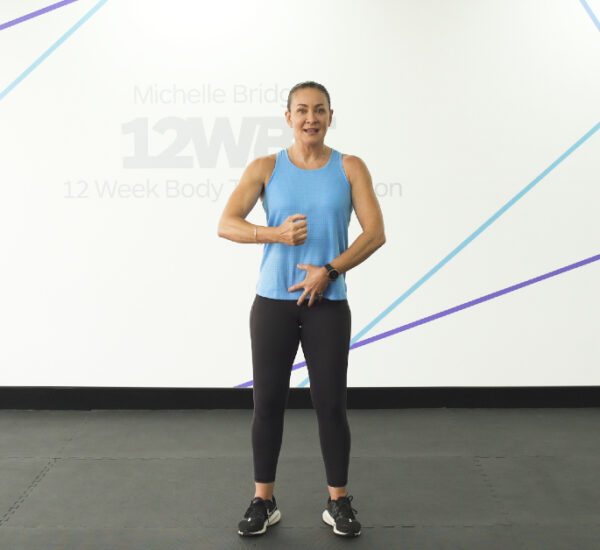You’re training like a machine and sticking to your guns, but let’s take a moment to be mindful of the danger of injuries while you’re giving it your very best! Here are some important signs to look out for that could indicate that you’re heading towards a little injury:
Joint Pain
How many times do we ignore a niggle and push through, telling ourselves that we must work through this, only to hear something ‘pop’. An awful state to be in when you’re so committed to the goal and on a real roll with your training. Listen for the whispers before you hear the screams! If you feel pain, rest it, assess it and get it checked out if there is no improvement fairly quickly.
Numbness or Tingling
Numbness or tingling is a possible red flag – the potential of nerve damage being responsible for this sensation. Please get this checked out by your doctor and get the all clear before continuing your training.
Swelling
While it’s not uncommon to notice a little swelling from time to time, particularly if you’re new to exercise or you have perhaps gone too hard, swelling that doesn’t respond to rest and ice is possibly something more serious and should be examined properly.
Comparative Weakness
Noticing a decline in weakness that affects one side of the body more than the other can be another way to identify the early stages of an injury. Observe the movement in terms of range and strength across both sides of the body, and watch out for any more changes in weakness. Decline in strength on the side in question would offer a valid reason for a professional evaluation.
Tenderness
If you have tenderness at a specific point and is not present in the same area on the other side of your body, this could be the onset of an injury. Pain is not always present when something isn’t happy, so be aware of any small changes and take great care.
Reduced Range of Motion
Observing the total range of motion that you have through a movement on both sides of your body is another pointer to watch out for any restrictions here that may suggest that the area is becoming problematic.
Elevated Pulse
Your heart rate will naturally elevate during periods of exercise, and for the most part might possibly feel as if you your heart is pumping at a million beats per minute. If you notice that your heart rate is abnormally high when it should have returned to normal, it’s time to speak to your doctor. The dangers of an irregular pulse can range from cardiac considerations to risk of sustaining a non specific injury due to feeling lightheaded and fainting.
Dizziness or Headaches
Dehydration can lead to many conditions and injuries. When we are dehydrated, we’re seriously compromising our ability to concentrate and focus. This can be dangerous during workouts and there is also a risk of exhaustion and heat stroke in more humid conditions.
Lacking Performance
You should expect to be getting fitter, feeling stronger and having a much fuller capacity to tackle your workouts as your fitness increases. If you feel like you’re going somewhat backwards, there could be something going on here that is hindering your progression. It’s worth performing a ‘self-check’ to highlight any indicators for an examination.
Always speak to your doctor if you think something is not right, so you can get back to training safely!








